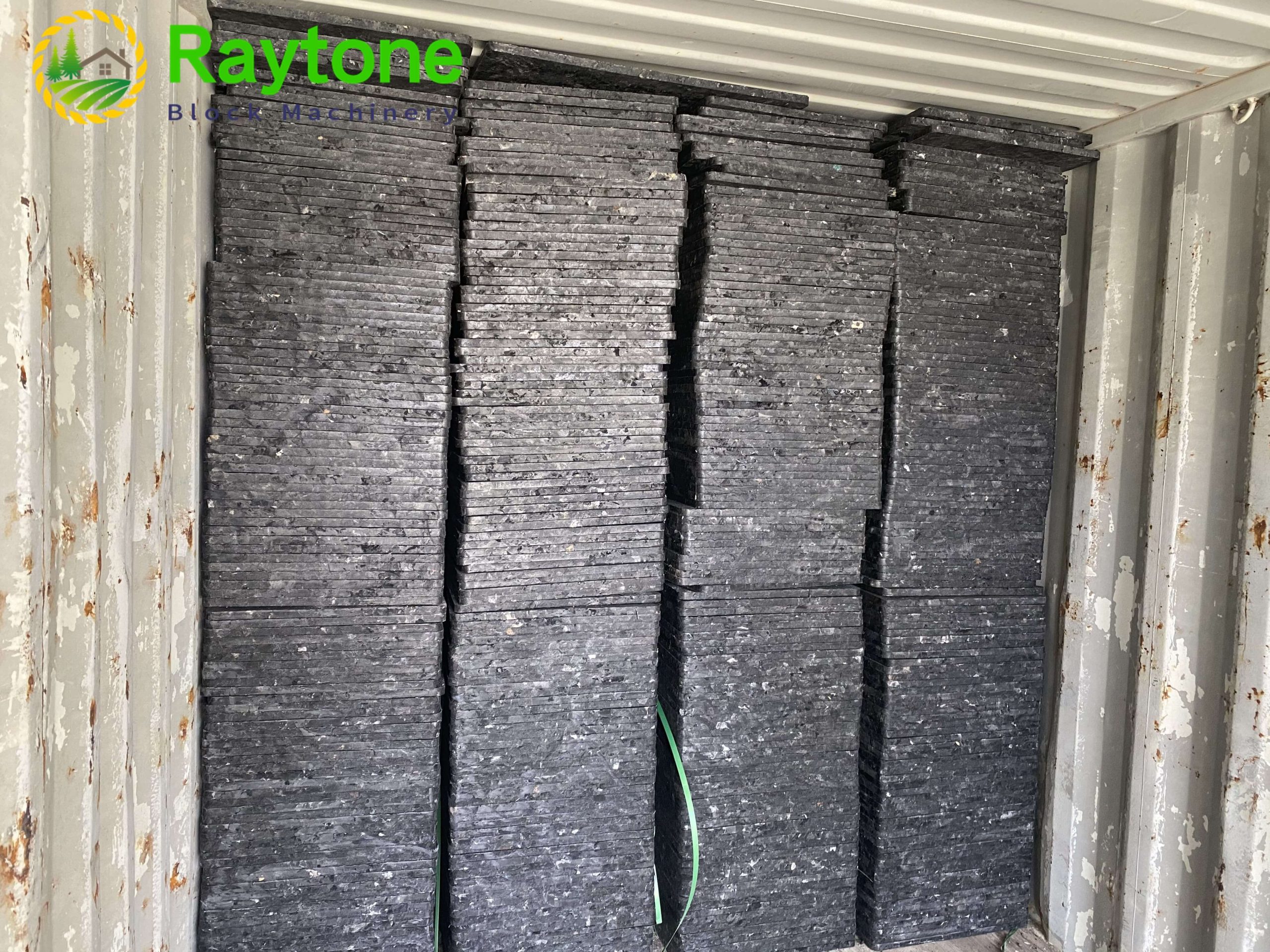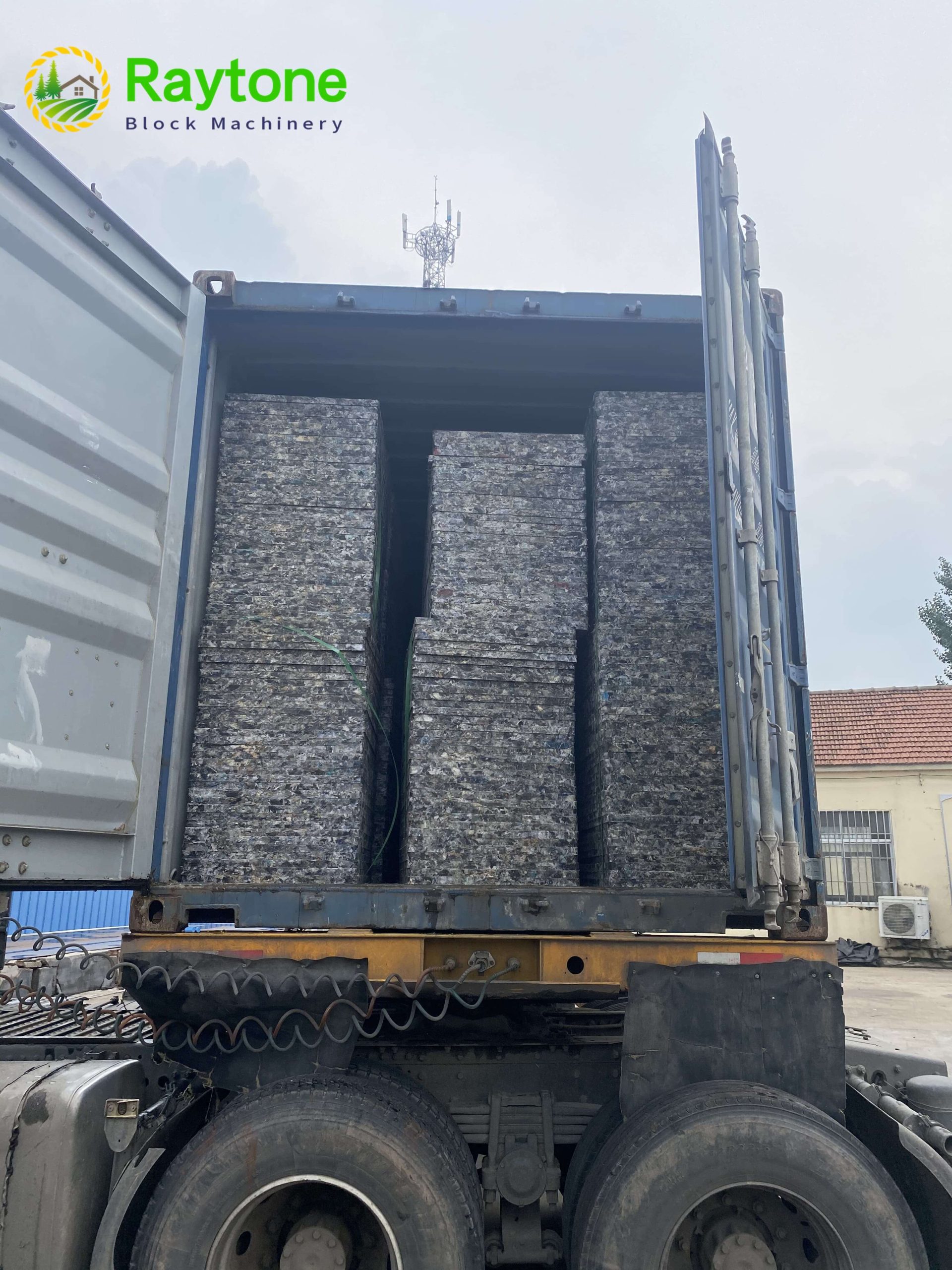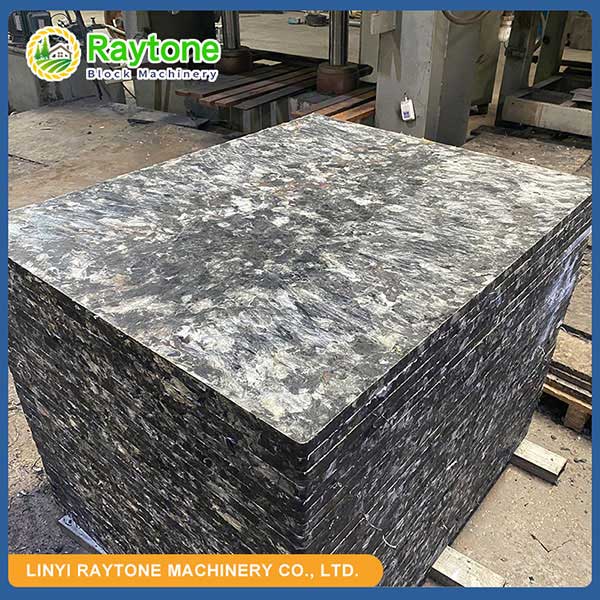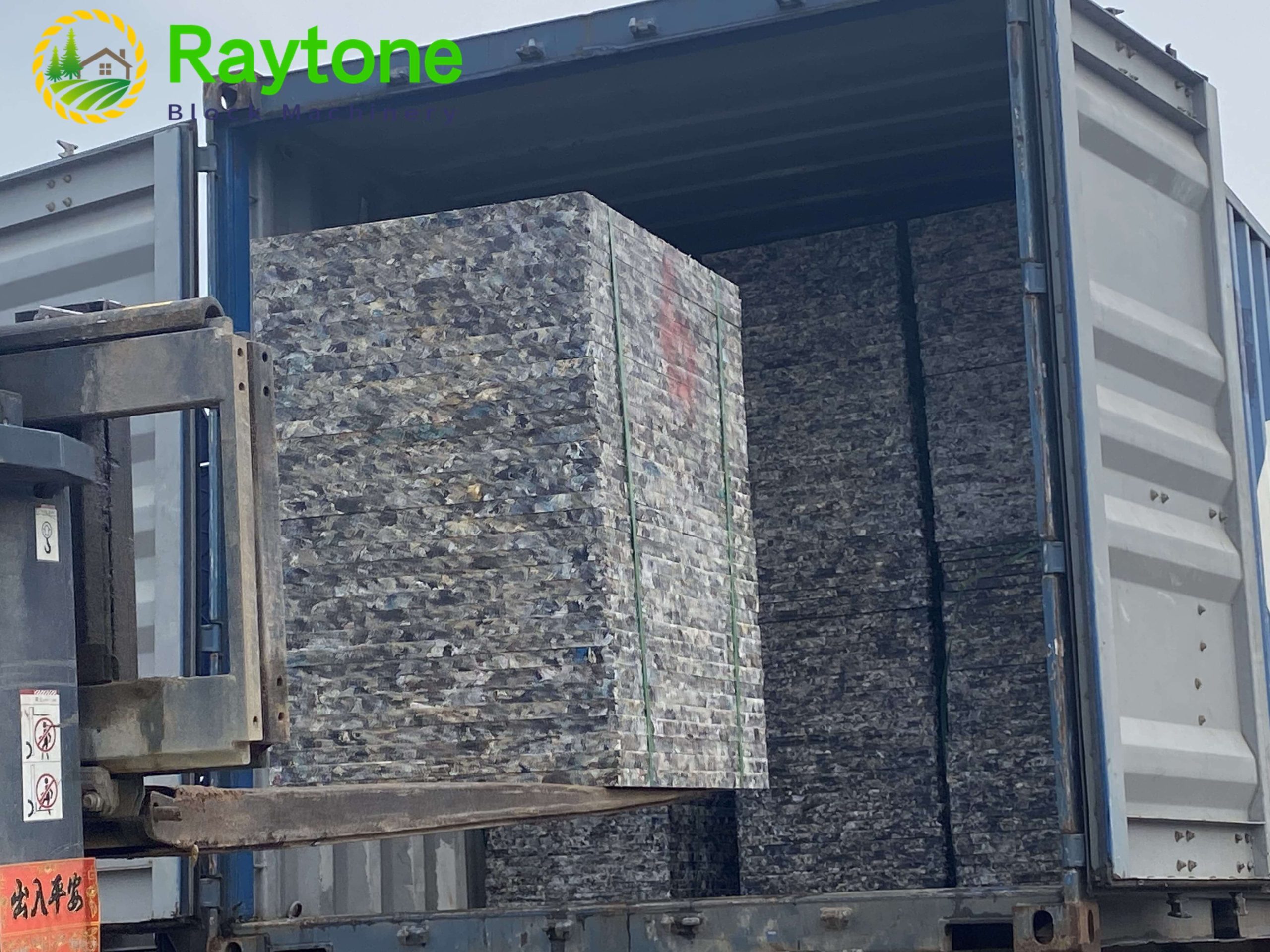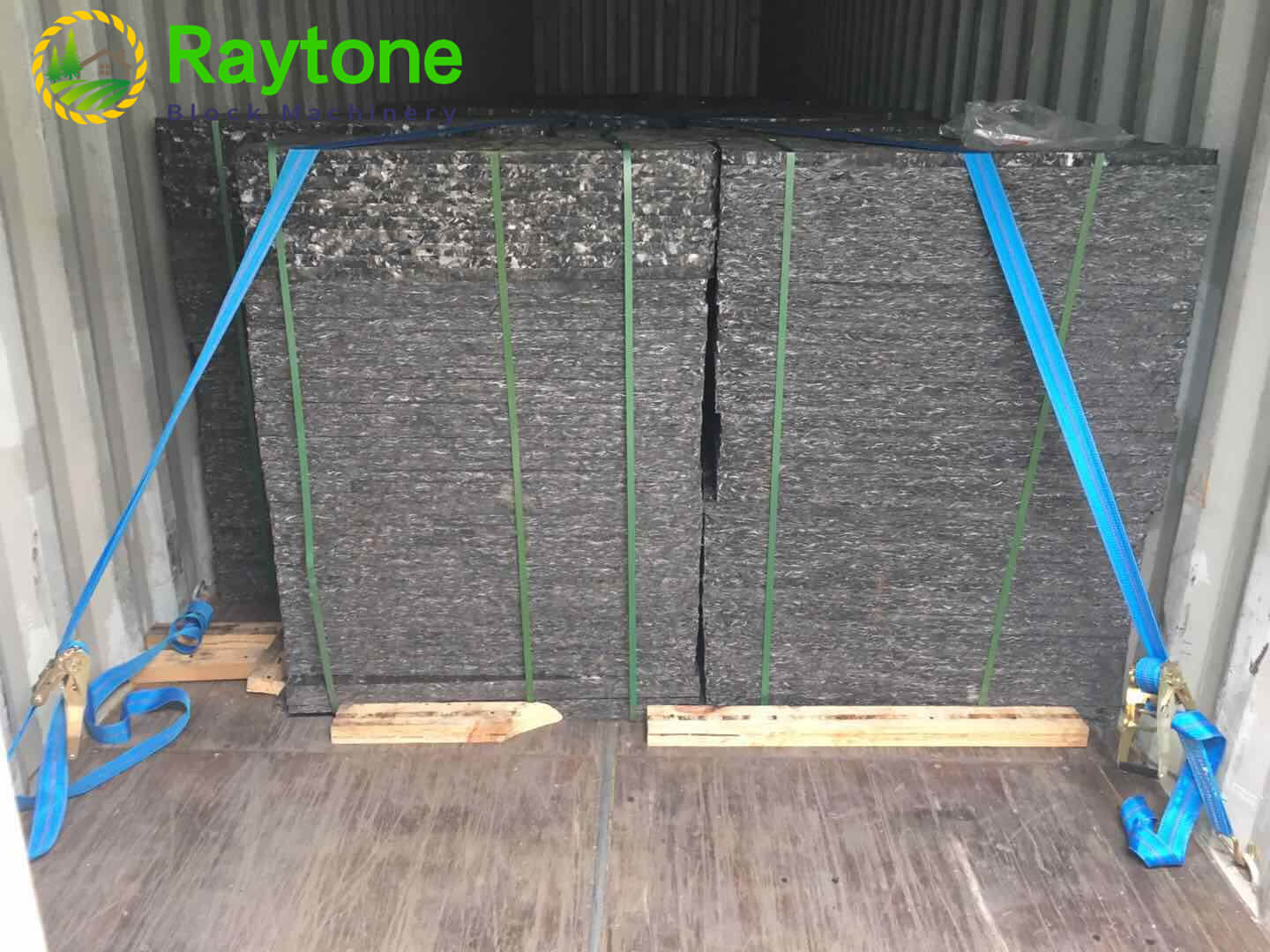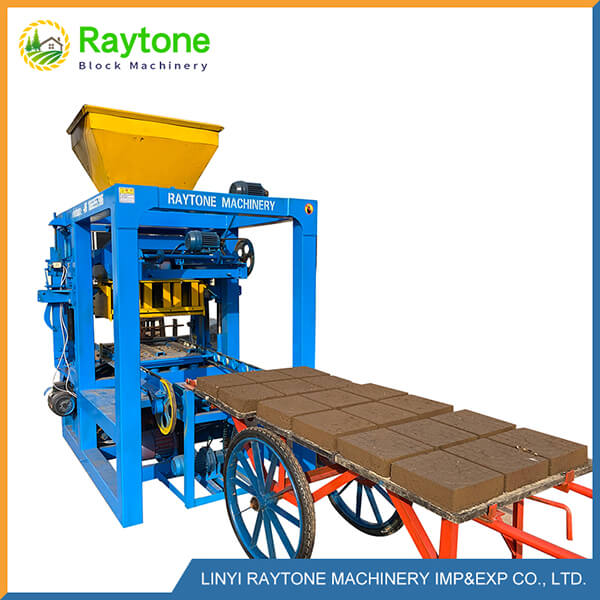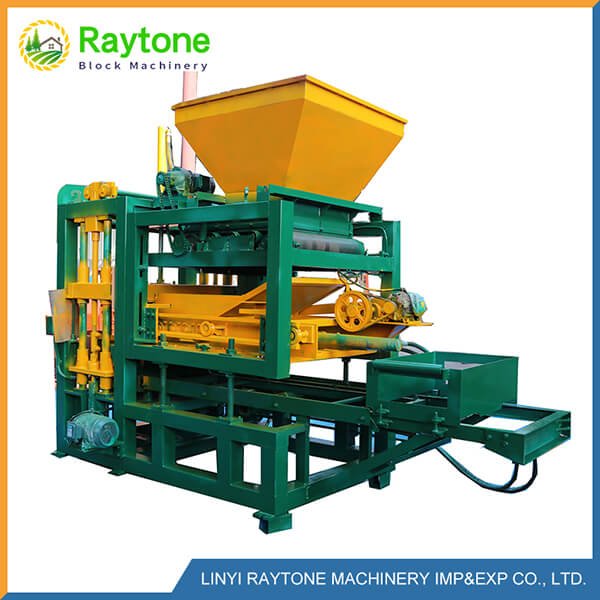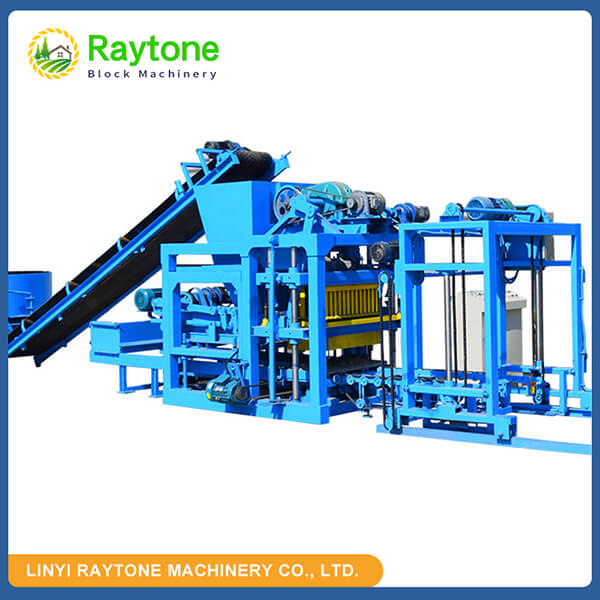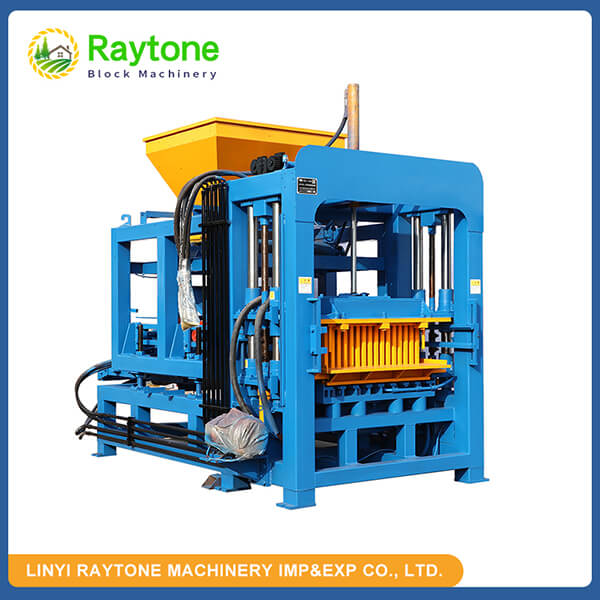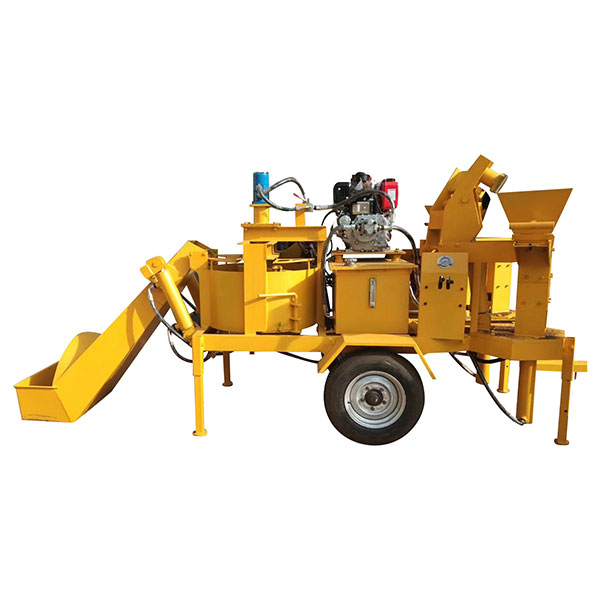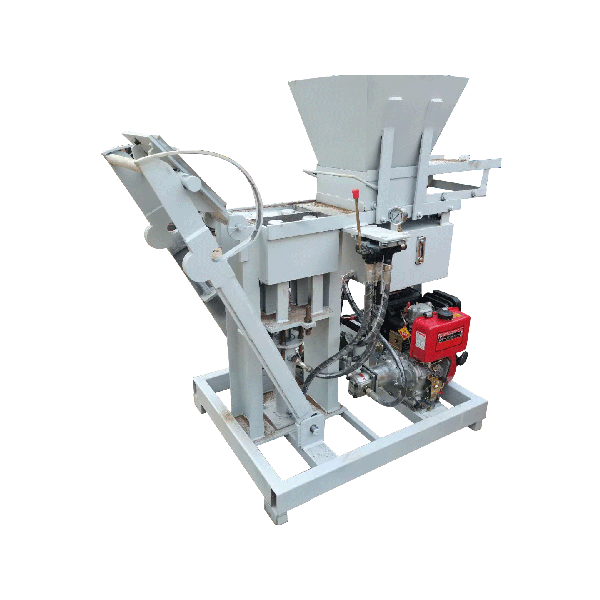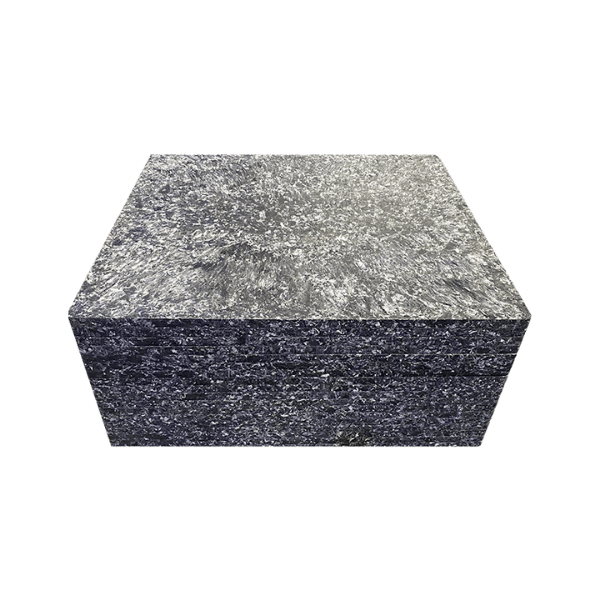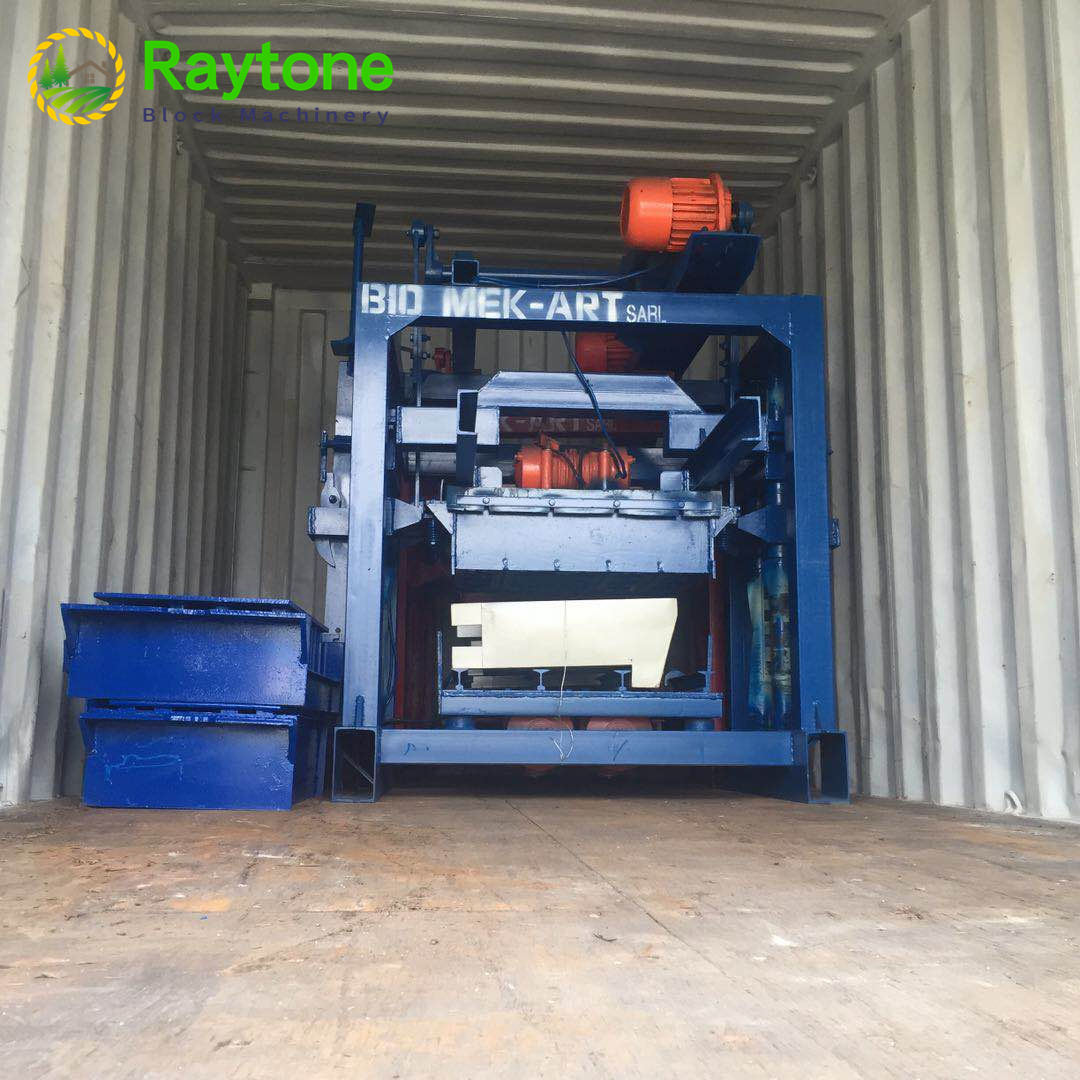Brick making machines are essential equipment in the construction industry, revolutionizing the process of producing high-quality bricks efficiently. These versatile machines come in various types, each designed to meet specific production needs and requirements. From manual to fully automated systems, brick making machines offer a range of options for manufacturers of all sizes. In this comprehensive guide, we’ll explore the different types of brick making machines, their features, and applications, helping you make an informed decision for your construction projects.
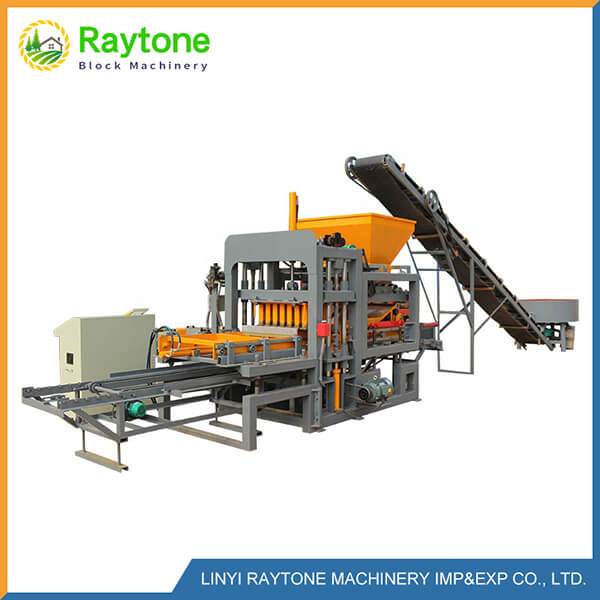
Manual Brick Making Machines
Hand-Operated Brick Presses
Hand-operated brick presses are the most basic type of brick making machines, relying solely on human power to compress clay or other raw materials into brick molds. These machines are highly labor-intensive but offer great flexibility for small-scale or remote production where electricity is unavailable. Their simple design makes them easy to transport and maintain, with minimal mechanical parts that reduce repair costs. This makes hand-operated presses an ideal choice for rural development projects or individuals interested in DIY brick production.
Lever-Action Brick Makers
Lever-action brick making machines improve upon hand-operated presses by incorporating a lever mechanism that multiplies the user’s force, enabling stronger compression and better brick density. This enhancement allows for faster production rates and improved brick strength, making these machines suitable for small communities or construction sites with limited power access. Lever-action models balance increased productivity with affordability and ease of use, serving as a practical solution for those needing moderate output without heavy machinery investment.
Pedal-Powered Brick Machines
Pedal-powered brick machines convert the operator’s leg power into mechanical energy, allowing continuous and efficient brick production. This design not only increases output compared to purely manual presses but also reduces operator fatigue by enabling a more natural and sustained motion. These machines are well-suited for small businesses or cooperatives aiming to boost production capacity while keeping costs low and avoiding reliance on electricity or fuel. Additionally, pedal-powered machines often feature simple maintenance requirements and portability.
Semi-Automatic Brick Making Machines
Hydraulic Brick Presses
Hydraulic brick making machines employ powerful hydraulic systems to deliver high compression forces, producing bricks that are dense and durable. These machines improve upon manual brick making by offering greater efficiency, consistency, and the ability to process various raw materials such as clay, concrete, and fly ash. Ideal for medium-scale production, hydraulic presses can be easily incorporated into existing manufacturing lines. Their robust design also reduces labor intensity while maintaining high output quality, making them a preferred choice for expanding brick producers.
Egg-Laying Brick Machines
Egg-laying brick making machines, also referred to as mobile block makers, stand out due to their capability to manufacture bricks directly at construction sites. They extrude a continuous strip of raw material which is then precisely cut into bricks. The term “egg-laying” reflects the machine’s operation of depositing bricks one after another, similar to a hen laying eggs. This on-site production method minimizes transportation expenses and ensures freshly made bricks are immediately available, greatly benefiting large-scale construction projects.
Vibrating Table Brick Makers
Vibrating table brick makers utilize mechanical vibration combined with manual or semi-automatic molding to compact raw materials effectively. The vibration process increases the density and strength of the finished bricks by eliminating air pockets and promoting uniform material distribution. These machines offer versatility in producing various brick sizes and shapes, catering to diverse market needs. Popular in small to medium-sized manufacturing setups, vibrating table brick makers strike a balance between cost efficiency, ease of use, and reliable brick quality.
Fully Automatic Brick Making Machines
Rotary Table Brick Machines
Rotary table brick making machines are designed for high-volume production and are ideal for large-scale industrial operations. Featuring a rotating table equipped with multiple molds, these machines enable continuous brick formation as the table moves through sequential stages like material filling, compression, and brick ejection. The automation and precision in this process allow for consistent brick quality and extremely high output rates, often reaching thousands of bricks per hour. Their robust construction ensures reliable, long-term operation under heavy production demands.
Tunnel Kiln Brick Production Lines
Tunnel kiln brick production lines represent the most advanced form of automated brick manufacturing, managing every stage from raw material processing to firing and cooling. In these systems, bricks are transported on conveyor belts through an extended tunnel kiln where controlled heating and cooling ensure uniform strength and quality. This continuous production method minimizes manual handling, reduces energy consumption, and supports large-scale output with consistent brick characteristics, making it the preferred choice for major brick manufacturers.
Extrusion Brick Making Machines
Extrusion brick making machines operate by forcing clay or other raw materials through a die using a powerful auger, producing a continuous column of material that is then cut into individual bricks. This extrusion process is especially effective for creating hollow bricks and complex brick shapes with uniform density. Often integrated with automated handling, stacking, and firing equipment, extrusion machines enable high-speed production with minimal manual intervention, optimizing efficiency in fully automatic brick manufacturing facilities.
Conclusion
The world of brick making machines offers a diverse range of options to suit various production needs and scales. From manual presses ideal for small-scale operations to fully automated production lines capable of manufacturing thousands of bricks per hour, there’s a solution for every requirement. Understanding the different types of brick making machines and their capabilities is crucial for selecting the right equipment for your project or business.
Contact Us
At Raytone Machinery, we specialize in providing high-quality block and brick making solutions to meet your specific needs. Our extensive range of machines, from manual to fully automatic, ensures that we have the perfect fit for your production requirements. With our commitment to quality, reliability, and customer satisfaction, you can trust Raytone Machinery to deliver exceptional value. For more information about our brick making machines and how we can help optimize your production process, please contact us at hazel@raytonechina.com. Let us help you build a stronger future, one brick at a time.
References
- Johnson, A. (2022). “The Evolution of Brick Making Technology: From Manual to Automatic.”
- Smith, B. & Brown, C. (2021). “Comparative Analysis of Brick Making Machines: Efficiency and Quality Outcomes.”
- Zhang, L. et al. (2023). “Innovations in Sustainable Brick Production: A Review of Modern Machinery.”
- Williams, D. (2020). “Economic Impact of Automated Brick Manufacturing in Developing Countries.”
- Patel, R. (2022). “Material Science Advancements in Brick Making: Implications for Machine Design.”
- Garcia, M. & Lopez, J. (2021). “Energy Efficiency in Brick Production: A Study of Machine Types and Processes.”


